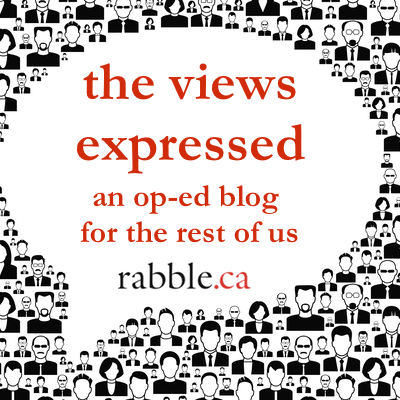As I read through Aliya Manjee’s editorial ‘I’m Muslim, Pro-Palestine and Visited Israel’, I couldn’t help but feel that despite first-hand experience, her comments about Israel and Palestine were remarkably reductive.
Manjee is candid about her political position (identifying as Pro-Palestine as early as the headline) and her personal identity (Shia-Ismaili-Muslim). She writes that being the only Muslim on her trip set her apart from her peers and that she does not think her identity — specifically her faith — should dictate her views on Israel and Palestine.
However, as she writes about her first hand experience traveling to the area, the frame of reference is almost exclusively her religious identity. Every interaction during and after the trip that she discusses she relates back to being a Muslim.
What she fails to acknowledge is that being an American Ismaili Muslim gives her a certain amount of privilege in Western discourse about Palestine. Generally, it is very easy for Westerners to adopt the lofty “pro-human” position on the Israeli-Palestinian “conflict,” that Manjee champions in this editorial, and go unquestioned.
On top of this, Manjee (and myself) belong to a Muslim minority that receive the least flack and the most accolades from otherwise Islamophobic Western leaders. Given the very public political relationship between the His Highness the Aga Khan, (the Shia Ismaili Imam) and Western leaders, folks like Manjee and myself are able to straddle the very fine boundary between “acceptable” and “not acceptable” Muslims.
We have the privilege to navigate neoliberal Western spaces as so-called “moderate Muslims” and also have access to sites like the Dome of the Rock (unlike hundreds of thousands of Palestinians in refugee camps whose mobility is restricted).
Manjee herself acknowledges she was the only student that was able to pray in a Synagogue, Church and Mosque on the trip. Being Muslim, “moderate” and a Westerner allows Manjee to navigate the complex physical and political spaces that have formed as a result of Israel’s occupation of Palestine.
In the editorial, Manjee relays a conversation between herself and a Students for Justice in Palestine member back home on the Marquette University campus. This student questioned her participating in a trip funded by a Zionist organization and posing with IDF soldiers in photos. Manjee wrote that the interaction made her feel “threatened.” She states she felt that she was being identified as a Muslim c jand judged for not having a certain set of beliefs.
I obviously cannot speak to the tone, manner or intentions of this student and have no desire to defend them (I wasn’t there, I don’t know them) but I confess I have the same questions for Manjee. Not because you are Muslim, but because you are a human being.
If you identify as pro-Palestine, how can you participate in a cultural expedition funded by a Zionist organization? You say it doesn’t mean you don’t believe in Palestinian justice but then I wonder — what does Palestinian justice mean to you? Does it mean ignoring the 2005 call for Boycott, Divestment and Sanctions (BDS) against Israel?
You say being pro-Palestine does not have to mean being anti-Israel. But should it not include acknowledging and championing the non-violent strategy that was initiated by Palestinians themselves? Does being pro-Palestine mean ignoring the pleas of Palestinians and their right to live without routine displacement, state-sanctioned violence and abuse of their human rights?
The BDS movement does not call for the destruction of the State of Israel. It calls for the following:
-
“Ending its occupation and colonization of all Arab lands occupied in June 1967 and dismantling the Wall;
-
Recognizing the fundamental rights of the Arab-Palestinian citizens of Israel to full equality; and
-
Respecting, protecting and promoting the rights of Palestinian refugees to return to their homes and properties as stipulated in UN Resolution 194.”
In choosing to accept the ADL’s invitation (regardless of the organization’s mission) to visit Israel Manjee was violating an international boycott. Would visiting apartheid South Africa and posing with soldiers have been “pro-human” in the 1980s? Why is it acceptable in this context?
Do we not have a responsibility to do what we can to hold the Israeli state accountable for its reprehensible actions? Not as Muslims, but as humans?
My final words for Manjee: If you want your existence and your political position to be more than your being Ismaili, more than your being American and more than your being Muslim then put your identity aside and look at the facts. Learn about Palestine solidarity and Palestinian justice as Palestinians define it. Learn about the BDS movement.
I agree that understanding Israel and Palestine should be much more than Islam versus Judaism. Because it is. Israeli Apartheid is not a result of centuries long discord. This is not the present day crusades. If it were about religion then Palestinian Christians, Arab Jews, Ethiopian Jews (also this) would all be treated a lot better.
But this is not about religion, this is about human rights.
Haseena Manek is a freelance journalist based in Toronto. Follow her on Twitter here.



